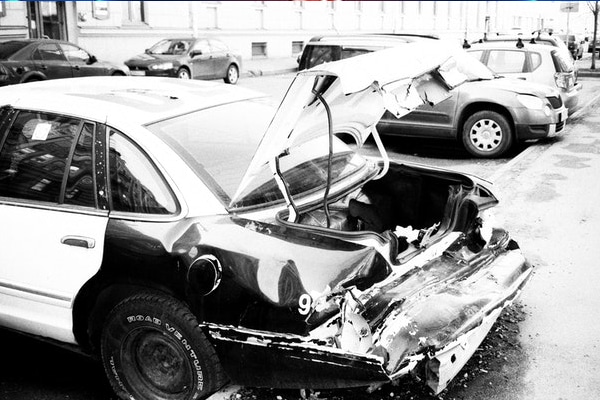
When someone is injured in a car accident that is someone else’s fault, the victim typically pursues a personal injury claim to recover damages such as medical expenses, lost wages, and intangibles like pain and suffering. When someone is killed in a car accident, however, the claim is different.
When the victim dies because someone else–usually another driver–was negligent, the remedy is a wrongful death claim.
Exactly what constitutes wrongful death varies a bit from state to state. Typically, it takes in death caused by someone else’s negligence, but also intentional acts. In Massachusetts, wrongful death is defined as death caused through negligent, willful, wanton or reckless action.
The process for pursuing a wrongful death claim and the compensation available in a wrongful death case differ a bit from personal injury cases, including other car accident cases.
In Massachusetts, there are two separate wrongful death claims available. One claim belongs to the estate of the deceased, and is limited to compensation for pre-death suffering–what would be described as pain and suffering in a personal injury case. Since the deceased and not the family suffered that damage, the claim belonged to the deceased and passes to the estate.
The other claim must be brought by the personal representative of the estate, but does not belong to the estate. Instead, it exists for the benefit of surviving family members. On behalf of certain surviving family members, the personal representative can seek compensation for:
In some cases where the responsible party’s actions were beyond negligent, punitive damages may be available. The total amount of damages that may be awarded depends on actual losses and the circumstances leading to the death.
In New Hampshire, the claims available to the estate of the deceased are much broader. These are similar to the claims the deceased would have had in a personal injury case if he or she had survived, such as pain and suffering, expenses caused by the injury, and lost earnings based on the deceased’s life expectancy.
New Hampshire also provides a direct claim for the surviving spouse and minor children of the deceased. However, these claims are more limited. The surviving spouse may receive up to $150,000 in compensation for loss of comfort, society and companionship. Each minor child may receive up to $50,000 in compensation for loss of the familial relationship.
Of course, close relatives such as spouses and minor children are typically the beneficiaries of the estate. So, even though direct claims may be limited, the family may receive additional compensation through the estate. However, the estate is responsible for outstanding debts of the deceased, for outstanding taxes, and for expenses of administration. So, the full amount of compensation may not pass through to the family.
If you have lost a loved one in a car accident or are the personal representative for the estate of someone killed in a car accident, it’s in your best interest to speak with an attorney who is experienced with both wrongful death cases and car accident claims as soon as possible. The legal processes associated with wrongful death claims can be complicated, and the sooner you get knowledgeable guidance, the better.
To learn more about how attorney Kevin P. Broderick can help you navigate a Massachusetts or New Hampshire wrongful death claim, schedule a free consultation right now. Just call 978-459-3085 or fill out our contact form to get started.
Let Attorney Kevin Broderick answer your questions and evaluate your personal injury or vehicle accident case for free!
The information you obtain on this site is not, nor is it intended to be, legal advice. You should consult an attorney for advice regarding your individual situation. We invite you to contact us and welcome your calls, letters, and electronic mail. Contacting us does not create an attorney-client relationship. Please do not send any confidential information to us until such time as an attorney-client relationship has been established.